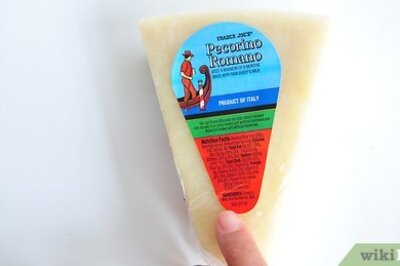
views
Mumbai: India's palm oil imports in 2018/19 are likely to jump a tenth from a year earlier to a record high, as a sharp fall in the prices made the tropical oil more attractive for buyers than rival soyoil and sunflower oil, industry officials told Reuters.
Higher purchases by the world's biggest edible oil importer could support palm oil prices that are trading near their lowest level in three months.
"Palm oil imports are going to rise in the coming months. At current price level, it is very competitive compared to soyoil and sunflower oil," said Govindbhai Patel, managing director of trading firm G.G. Patel & Nikhil Research Company.
The country's palm oil imports in the 2018/19 marketing year that started on Nov.1 could jump 10.3 percent from the previous year to 9.6 million tonnes, he said.
Palm oil's discount to rival soyoil has widened to over $200 per tonne from $133 in March 2018, according to data compiled by the Solvent Extractors' Association of India (SEA), a Mumbai-based trade body.
Malaysian palm oil futures fell to 2,038 ringgit ($499.82) a tonne on Friday, the lowest in three months, due to weak demand and ample supplies.
India's sunflower oil imports are likely to remain largely steady around 2.5 million tonnes, but soyoil imports could fall slightly from last year's 3.05 million tonnes as local supplies have increased, Patel said.
Soybean production in 2018/19 is estimated to have risen 38 percent from a year ago to 11.5 million tonnes, according to the Soybean Processors Association of India.
India primarily imports palm oil from Indonesia and Malaysia and soyoil from Argentina and Brazil. It also buys small volumes of sunflower oil from Ukraine and canola oil from Canada.
Palm prices are attractive but refiners are not making money due to lower refining margins, said B.V. Mehta, executive director of the SEA.
"Refiners are gatekeepers. As they are earning less from palm oil refining, they are not aggressively importing despite lower prices," Mehta said.
The import duty difference between crude and refined palm oil halved to 5 percent for supplies from Malaysia after India changed the duty structure.
"The lower duty difference is prompting some traders to import refined palm oil instead of crude," said a Mumbai-based dealer with a global trading firm, adding the country's imports of refined palm oil could jump a third from a year ago to 2.8 million tonnes in the current marketing year.
"The winter is nearly over. As palm is cheaper and temperature is rising, refiners will step up imports," he said.
In winter months, household palm oil consumption falls in India as the tropical oil solidifies at lower temperature.


















Comments
0 comment